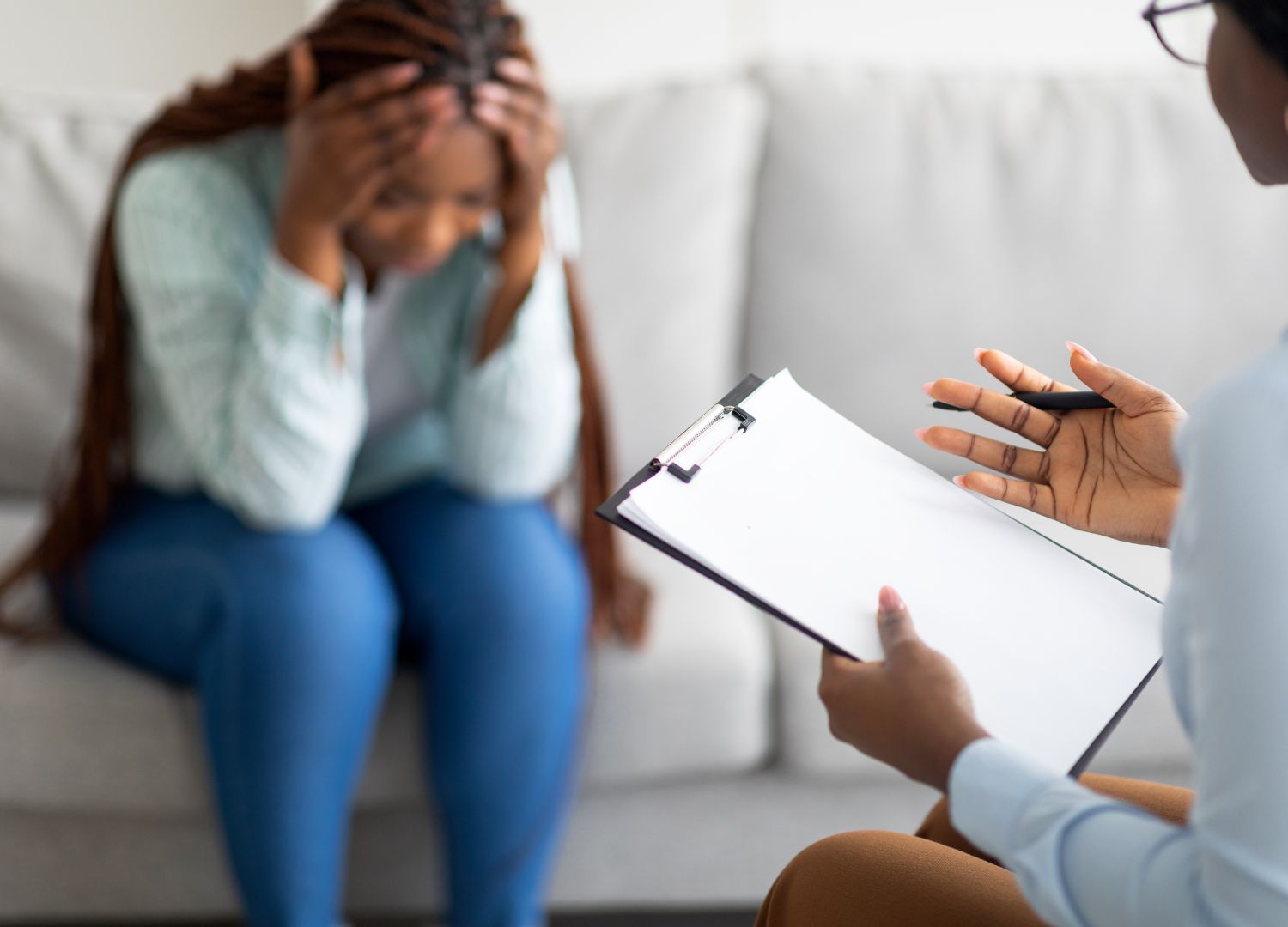
The World Health Organization (WHO) don define intimate partner violence say na "behaviour of intimate partner when they cause physical, sexual or psychological harm." This one include sexual force, acts of physical aggression and abuse, stalking, emotional abuse, and controlling/manipulative behaviours.
Intimate partner na current romantic partner or spouse as well as dating partners and former spouses.
How You Go Recognize the signs
Even though say abuse fit they show korokoro for people eye outside the relationship, the person when them they abuse fit nor they able to idenify the signs.
This one fit be because relationship fit they violent and harmful and physical harm nor go they .
Some signs to look out for na:
● Possessiveness: if your partner they try to control your life. Them wan know who you they text/call, where you they, and wetin you they do every time .
● If your partner they threaten you or your loved ones with violence.
● If your partner they threaten to harm themselves if you leave am.
● If your partner they physically violent toward you (if he/she they hit, push, force you do sexual acts).
● If your partner they try to isolate you from your friends and family e go begin they rude to them or go they paint all their actions bad .
● If your partner they attack your self-worth and self-esteem: if e they constantly compare you to other people and go they talk things like "nobody apart from me go ever want you." If e they insult your intelligence, mental health, appearance, etc for public or privately.
● if e they control your access to money and they keep you financially dependent on am.
● Spiritual abuse: if e nor gree make you they practicing your religion or if e they make you to question your own religious thoughts and beliefs.
Abuse they take many forms and for you to they able to recognize say them they abuse you na the first step to free yourself from am.
Build a support team
For many cases of intimate partner violence, the partner when they they abuse go still go go back to em abuser. Many times, this na because them nor get support and nobody to lean on or them they advised to go back to the abuser.
Support fit be financial, e fit be place to live, and people to talk to. When you they make the decision to leave, na good idea to share your thoughts with people when you trust when go fit protect you from the abuser and help you find help.
Shelters and organizations when they deal with cases of abuse and partner violence na them be safe bet if you get to use hurry hurry commot or if you nor get friends/family to turn to. Find out the ones when they closest to you and when get good name .
Seek professional help
Many victims of violence go they hide the abuse like say na something when them cause because them nor do the right thing. Usually, na because their abuser don tell them say na the problem be that or because them remember how dia partner take they follow them play love wen relationship just start and them come believe say na their fault the person change.
If you follow mental health professional like psychologist or psychiatrist talk e fit they very helpful. Them go fit help you handle the negative thoughts and beliefs and emotional trauma when you go don develop during the relationship. If you get any injuries or fears of sexually transmitted diseases, Abeg make sure say you see medical professional.
Conclusion
1 out of every 4 women and 1 out of every 11 men don experience intimate partner violence. This form of violence they more common pass as you think, and most cases nor they reported. Most people for inside this violent relationships nor go talk about am unless you ask them , so abeg make we be good friend and ask person when you suspect say he they go through am
If you know person when them they abuse or you they abusive situation, abeg find way to get help make you waka .












